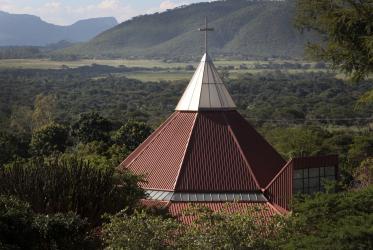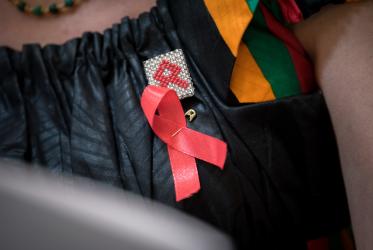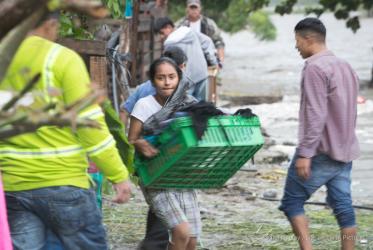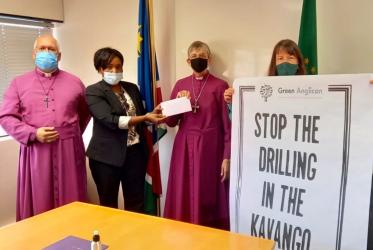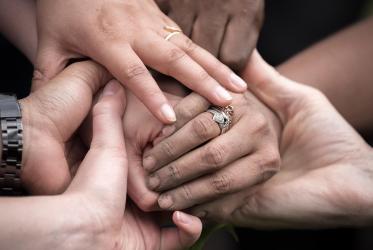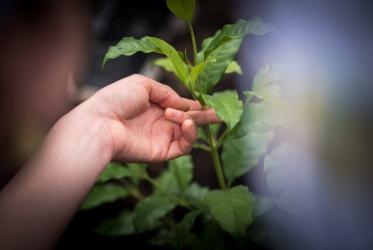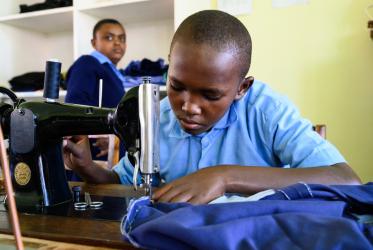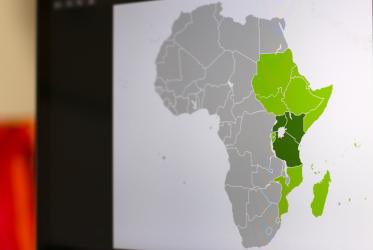Displaying 201 - 220 of 724
With pointed urgency, faiths rise for climate justice
17 March 2021
Ecumenical conference features theological reflections on ecology
16 February 2021
Webinar brings Pacific voices for a new creation
10 February 2021
World Social Forum convenes to “express and practice solidarity”
28 January 2021
Faith-based investment conference shows we can “Walk the Talk”
15 January 2021
WCC Eco-School 2020 for Pacific region is further postponed
14 January 2021
